State Bank Governor Nguyen Thi Hong said that in 2017, only 5 credit institutions participated in green credit. Up to now, 50 credit institutions have generated green credit outstanding debt and outstanding debt is about 650 trillion VND, of which credit for renewable energy and clean energy accounts for about 45%; for clean and green agriculture accounts for 30%.
On the morning of November 11, continuing the 8th Session, the National Assembly conducted questions and answers on the first group of issues in the banking sector. National Assembly Chairman Tran Thanh Man chaired the meeting.
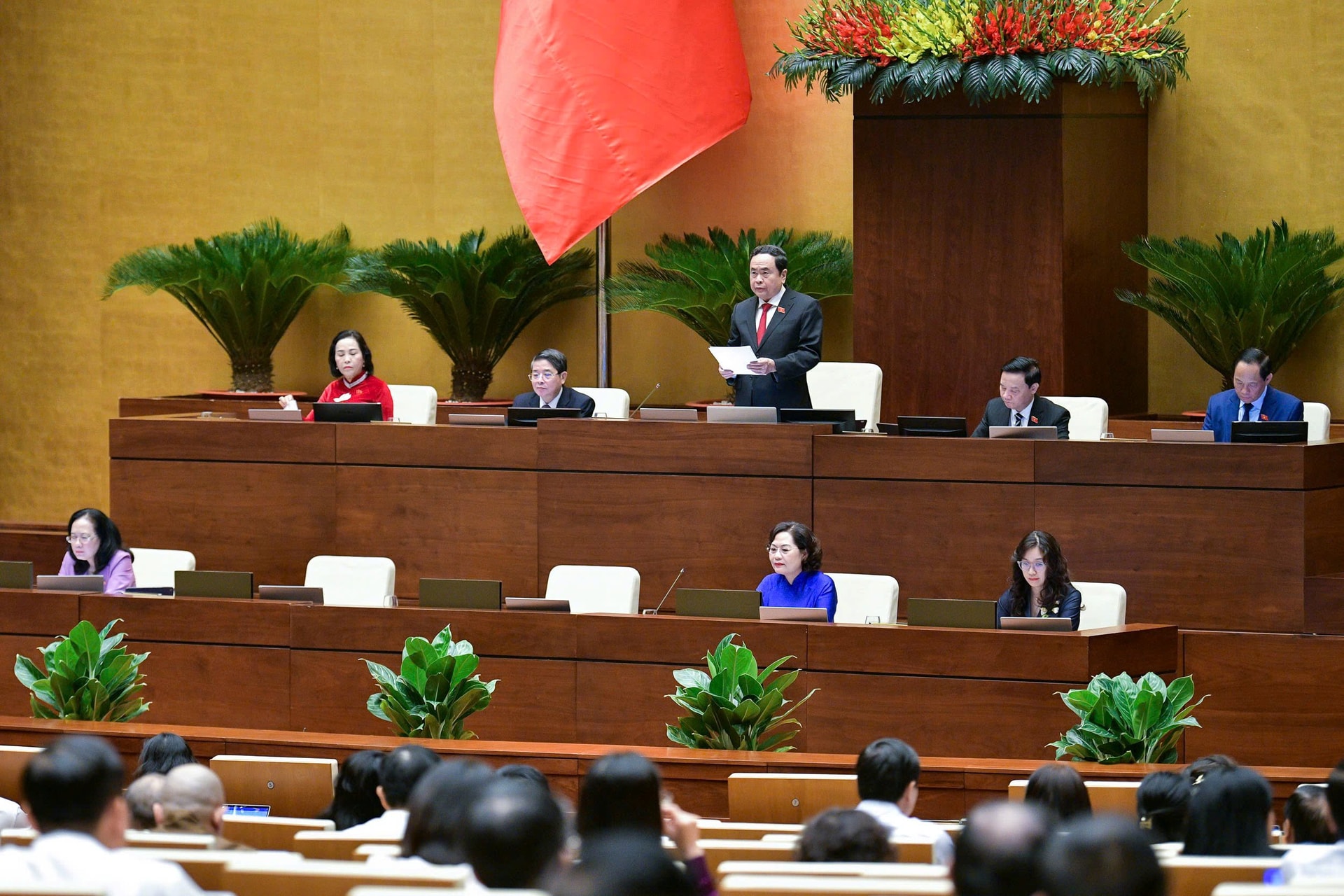
Reporting on a number of issues related to the content of the questioning, Governor of the State Bank of Vietnam Nguyen Thi Hong emphasized that since the 3rd Session of the 15th National Assembly, the Session where the Governor of the State Bank of Vietnam answered questions from delegates, the world economy has been fluctuating in a complex and unpredictable manner. The Covid-19 pandemic has been controlled, but its consequences and impacts are still lingering. Political and trade tensions have increased, inflation has increased globally. Monetary policies have been tightened quickly and strongly in many countries, causing world interest rates to rise.
In the face of the above-mentioned difficulties, the State Bank and the banking system have always been steadfast in their goals, calm, proactively closely monitored international and domestic economic and monetary developments to operate policy tools and solutions with appropriate doses and timing for each context, closely coordinating fiscal policy with other macroeconomic policies. Banking activities have made positive contributions to stabilizing the macro economy, controlling inflation, ensuring economic growth, and stabilizing the foreign exchange market.
The Governor of the State Bank of Vietnam stated that, in addition to the remarkable results, banking activities inevitably have shortcomings, problems, and limitations, which need to be identified and overcome, moving towards more effective monetary policy management and banking activities in the coming time, contributing to the socio-economic development process.
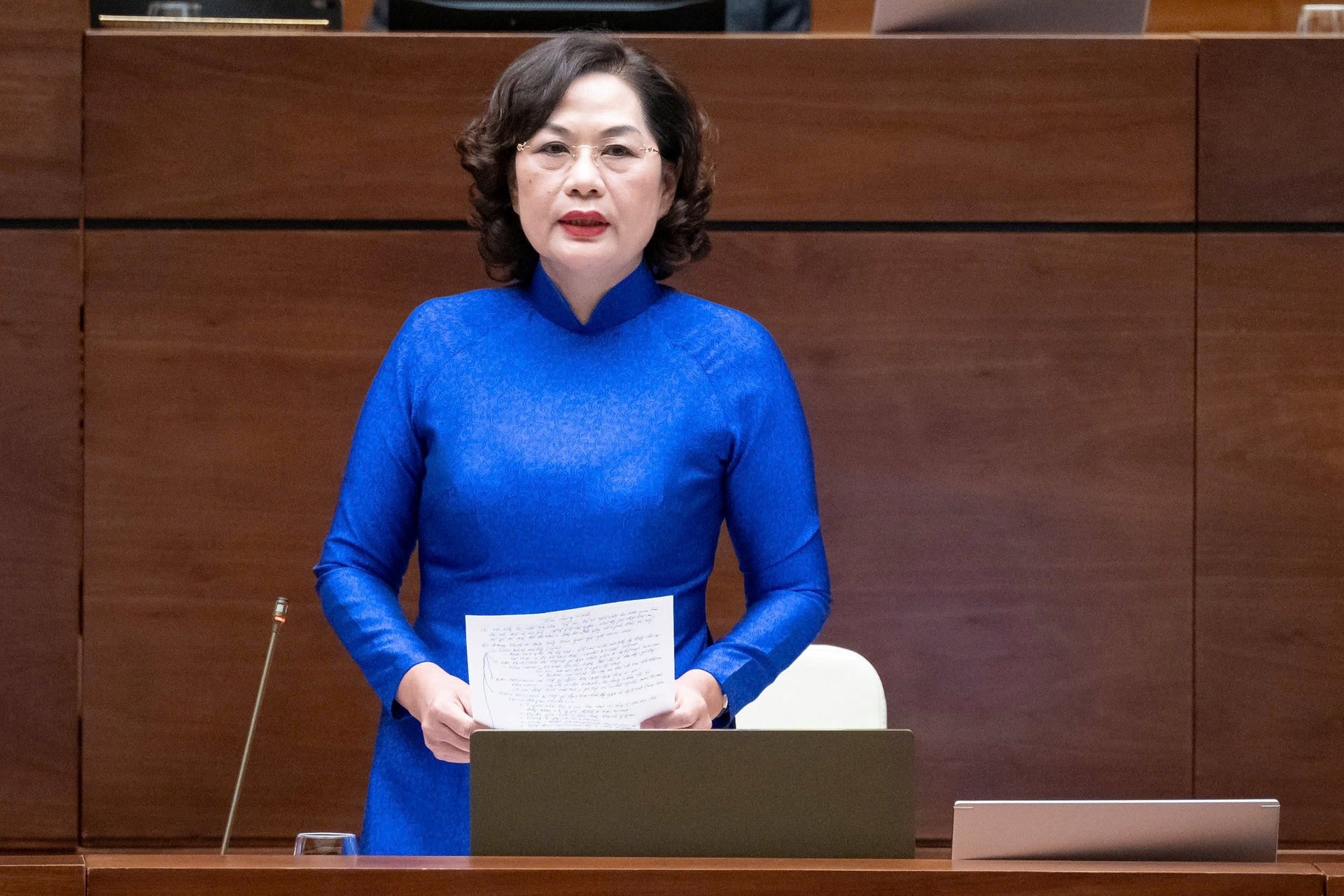
Responding to the green transformation of businesses
Questioning the Governor of the State Bank, delegate Le Dao An Xuan - National Assembly Delegation of Phu Yen province raised the issue: According to the green growth plan, the State Bank is assigned the task of completing the legal framework for green credit and green banking. This is a group of tasks at a high priority level and must be implemented in the period 2021-2025. Recently, the State Bank has issued a number of documents such as the Project on Green Banking Development in Vietnam in 2018, guiding the implementation of environmental risk management in 2023. Commercial banks have also provided green credit packages mainly for the fields of energy, agriculture, forestry, and waste treatment.
However, in reality, there are still many businesses in fields that need to shift from brown to green in the context of being greatly affected by natural disasters and climate change, but have very little information and it is very difficult to access green capital sources. So how does the Governor assess the completion of this task by 2025, will it meet the green transformation needs of businesses in time?
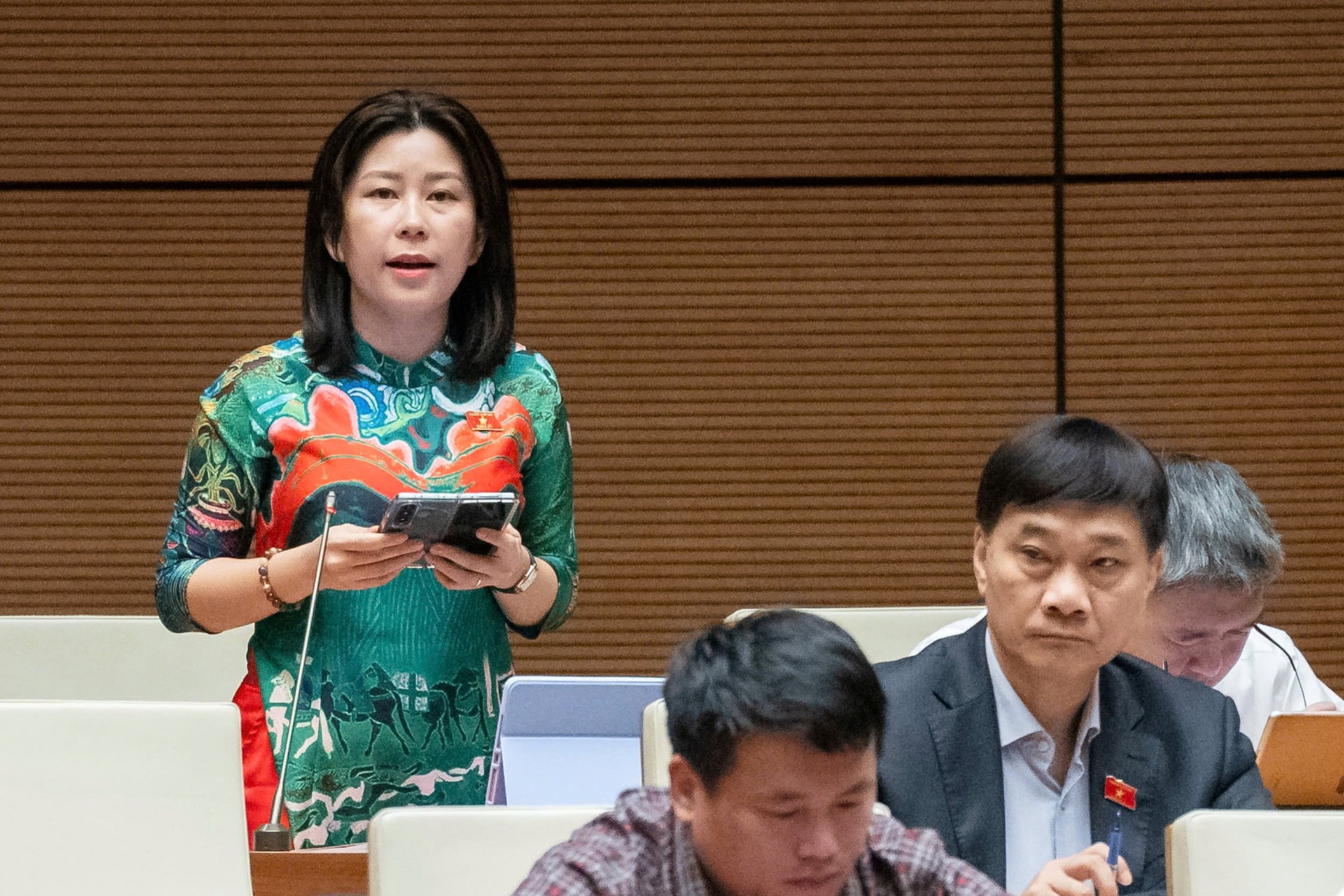
In response to this question, Governor Nguyen Thi Hong said that environmental protection is a very important issue in sustainable development and is of concern to countries around the world. In Vietnam, the Central Government, the Party, State, National Assembly and Government leaders also pay special attention to this issue.
Regarding the State Bank, Governor Nguyen Thi Hong stated that, based on the Resolutions of the Central Committee, the Resolutions of the National Assembly, the Resolutions and implementation plans of the Government, the State Bank has issued directives and documents to encourage credit institutions to focus resources on granting green credit, deploy solutions to manage environmental risks when granting credit, and perfect mechanisms and policies to contribute to achieving the goal of green growth. Governor Nguyen Thi Hong also said that the State Bank has issued action plans, assigned tasks to agencies and units in the system, and implemented specific credit programs, contributing to the economical and effective use of green growth.
In 2017, from only 5 credit institutions participating in green credit, up to now, 50 credit institutions have generated green credit balance and the balance is about 650 trillion VND, of which credit for renewable energy and clean energy accounts for about 45%; for clean and green agriculture accounts for 30%. In particular, the credit balance that credit institutions assess for environmental risks when granting credit has increased to about 3.2 million billion VND out of the total outstanding balance of the whole system of 15 million billion VND.
However, Governor Nguyen Thi Hong also pointed out that the State Bank is currently facing many difficulties and problems because the banking system needs guidance from relevant agencies and ministries on the green classification list so that financial institutions can base on it when granting credit. As for investments in green fields such as renewable energy, clean energy, etc., which require capital with very large value and long term, these are the difficulties of the banking system when the capital mobilized by the banking system is very short-term.
Therefore, Governor Nguyen Thi Hong said that in the coming time, the State Bank will continue to pay attention to implementing the Prime Minister's plan, especially when the Prime Minister approves the green classification list, the State Bank will guide credit institutions to issue green credit and the State Bank will monitor the implementation, assess environmental risks, if any problems arise, the State Bank will continue to make adjustments.
Clarifying the issue of bad debt settlement
At the question-and-answer session, issues related to solutions for handling bad debt, solutions to limit the impact of imported inflation, and results of removing obstacles in accessing capital for the collective economic sector were also of interest to National Assembly deputies.
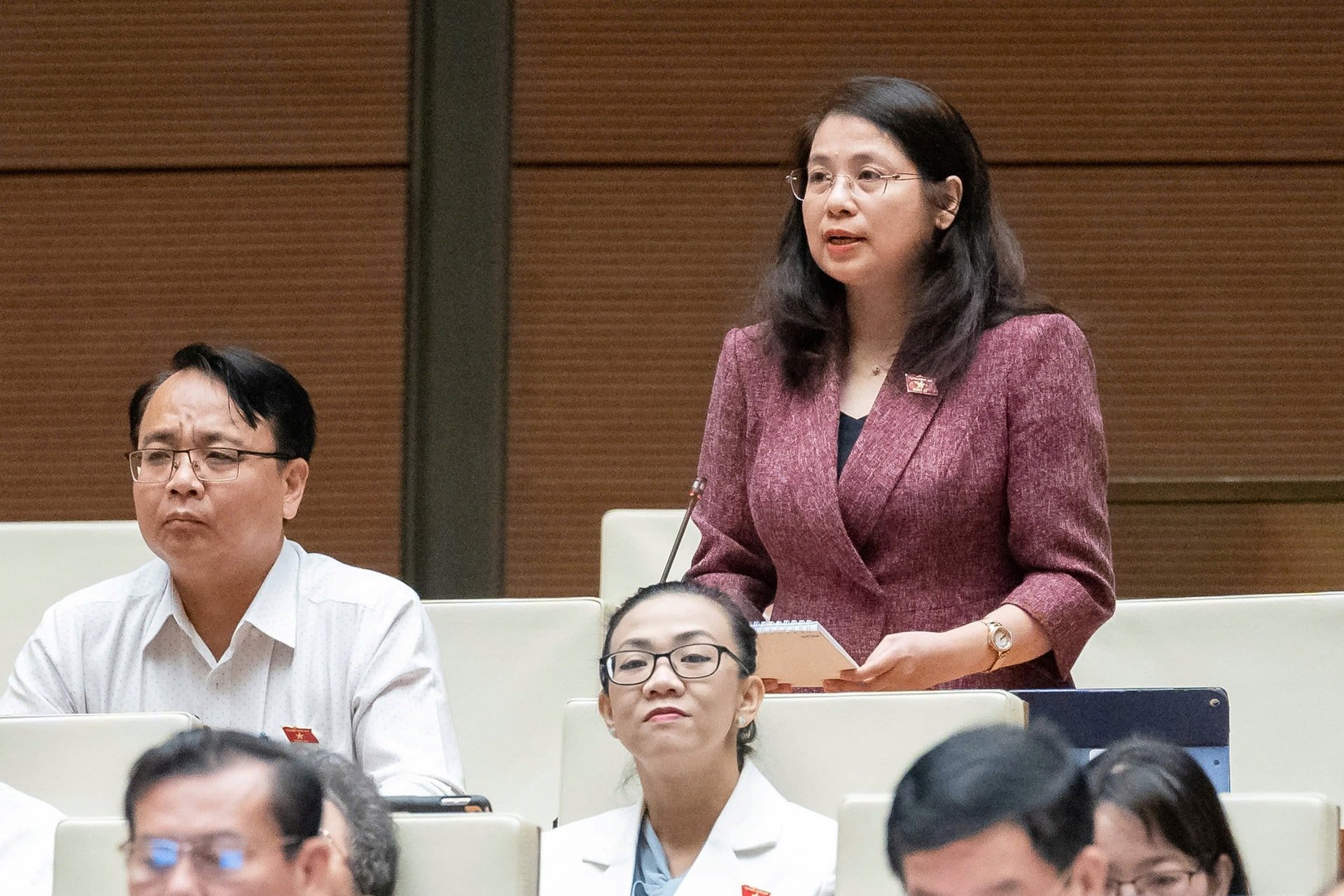
Raising questions related to bad debt, delegate Tran Hong Nguyen - National Assembly Delegation of Binh Thuan province asked the Governor of the State Bank to assess the current bad debt situation in our country and solutions to solve this problem? The delegate asked: "If the bad debt problem is not resolved, what difficulties will the monetary policy management encounter and what specific solutions does the Governor of the State Bank have when this situation occurs?".
Responding to the question of delegate Tran Hong Nguyen, Governor of the State Bank of Vietnam Nguyen Thi Hong said that recently, the bad debt situation has tended to increase. According to the State Bank of Vietnam's data, as of the end of September 2024, the bad debt ratio on the balance sheet was at 4.55% - almost equal to the end of 2023, an increase compared to 2022. This is a reality due to the impact of the Covid - 19 pandemic that has seriously affected all aspects of life and society. Businesses and people are facing difficulties, reduced income, leading to more difficult debt repayment.
To control bad debt, the State Bank has also proposed a number of solutions. Accordingly, for credit institutions, when lending, it is necessary to carefully assess and evaluate the repayment capacity of borrowers, ensuring control of newly arising bad debt. As for existing bad debt, it is necessary to actively handle bad debt through urging customers to repay debt, collecting debt, and selling bad debt assets. The State Bank has also established a legal framework for debt trading companies to participate in handling bad debt.
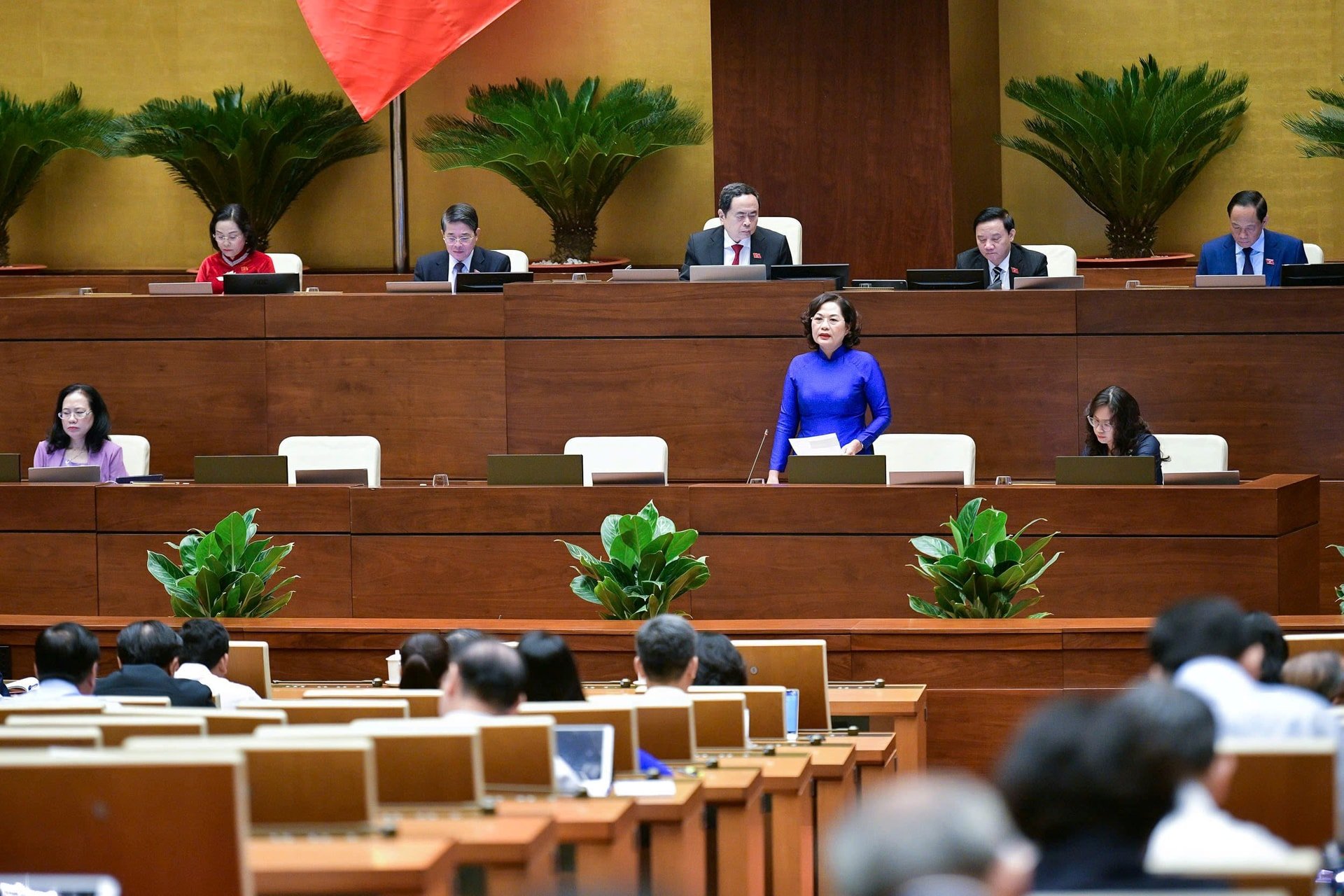
In the case of high bad debt, the Governor said that the State Bank will implement synchronous measures to resolve difficulties, both reducing the lending interest rate level and directing credit institutions to strive to reduce operating costs to continue reducing lending interest rates for businesses and people. During the difficult economic period, the system of credit institutions has devoted its financial resources to reduce many interest rates for customers.
Participating in the questioning session, delegate Nguyen Ngoc Son - National Assembly Delegation of Hai Duong province asked the Governor of the State Bank to inform whether Vietnam should continue to adjust interest rates or have other intervention policies to limit the impact of imported inflation? Should the State Bank change its foreign exchange reserve policy to deal with exchange rate fluctuations when the world situation is as volatile as it is now?
Responding to questions from delegates, Governor Nguyen Thi Hong stated that whether or not to continue to reduce interest rates depends entirely on the developments in the world and domestic economy, especially developments in liquidity and the state of the banking system. In recent times, the interest rate level has been reduced significantly compared to other countries; the State Bank will continue to monitor and manage.
Regarding the state foreign exchange reserves, the Governor said that the management principle is to ensure safety, liquidity and profitability. Currently, the State Bank is implementing the direction of liquidity safety as the main priority; and will calculate the best foreign exchange profit plan.
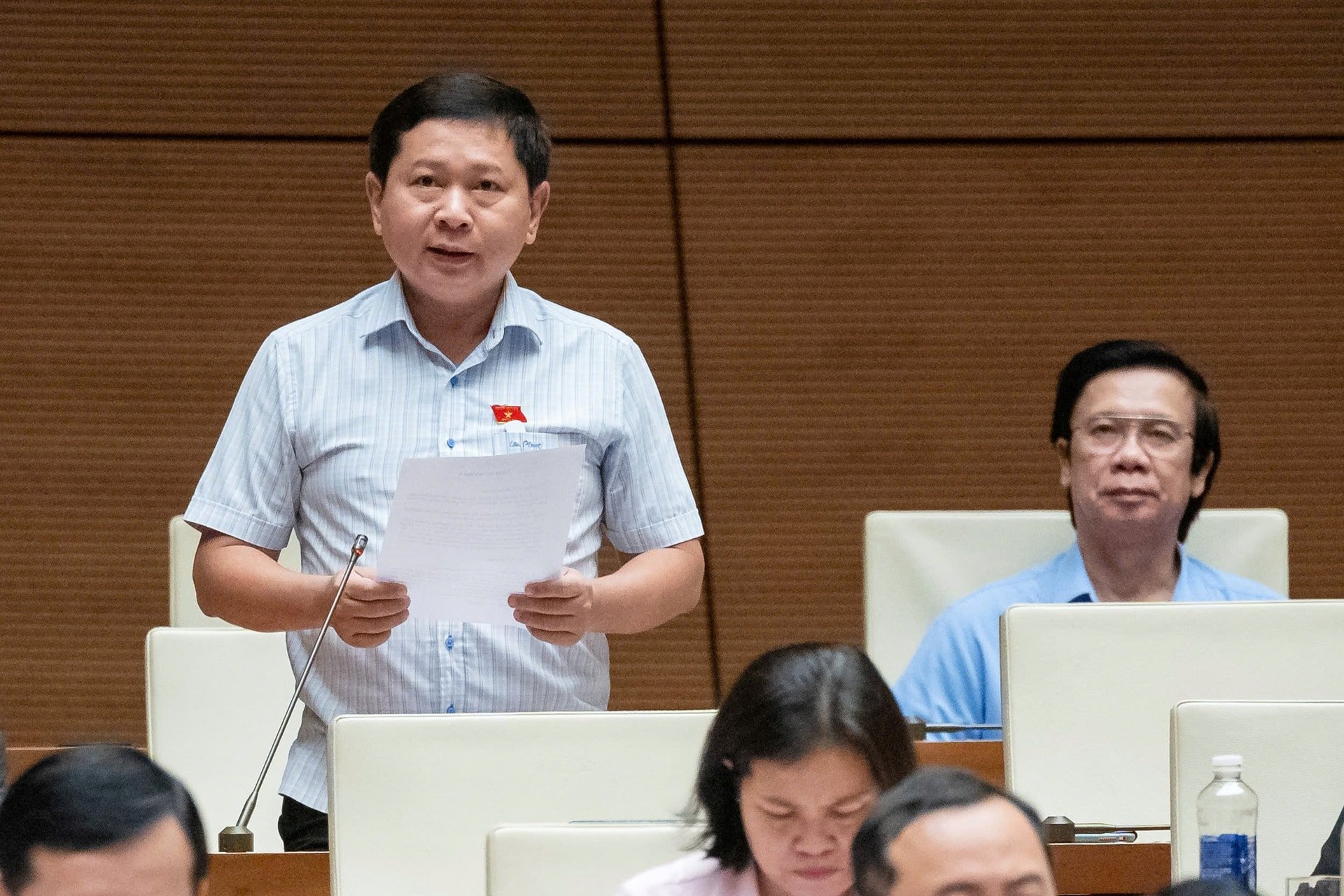
Participating in the questioning session, delegate Ta Minh Tam - National Assembly Delegation of Tien Giang province asked the Governor of the State Bank to give his opinion on the results of removing obstacles in accessing capital for the collective economic sector, especially collective economic units in the agricultural sector? What are the responsibilities and solutions of the State Bank in the coming time?
Responding to the question of delegate Ta Minh Tam, Governor Nguyen Thi Hong said that the State Bank has paid attention to credit solutions for the collective economic sector and regularly organizes conferences and seminars in coordination with ministries, departments, branches and the Cooperative Alliance to review difficulties and problems for consultation and recommendations.
The State Bank has coordinated with ministries and branches to submit to the Government Decree No. 55 on credit for the agricultural and rural sectors. Currently, implementing the National Target Program on Agricultural and Rural Development, the State Bank is coordinating with ministries and branches to evaluate, summarize and amend Decree 55.
Regarding cooperatives that are eligible for loans under the Social Policy Bank program, the Governor of the State Bank said that currently, the Social Policy Bank is implementing 27 credit programs for poor households, near-poor households, and households that have just escaped poverty. These are documents that the State Bank is responsible for advising the Government. If the cooperative is eligible for loans under the Social Policy Bank, it will also have access to them.
“In recent times, we have actively implemented support solutions and the Social Policy Bank is also the focal point for coordinating with ministries and branches to advise the Government and the National Assembly to arrange capital for the Social Policy Bank to implement these programs,” said Governor Nguyen Thi Hong.
The question-and-answer session in the banking sector focused on three groups of issues: Monetary policy management to control inflation in the context of the volatile world economic situation; State management of the gold market and foreign exchange market; Loan support and interest rate exemption and reduction for people and businesses to restore production and business after the COVID-19 pandemic and natural disasters.
Source: https://baotainguyenmoitruong.vn/thong-doc-nguyen-thi-hong-du-no-tin-dung-xanh-hien-khoang-650-nghin-ty-dong-382936.html



![[Photo] Solemn opening of the 1st Government Party Congress](https://vphoto.vietnam.vn/thumb/1200x675/vietnam/resource/IMAGE/2025/10/13/1760337945186_ndo_br_img-0787-jpg.webp)








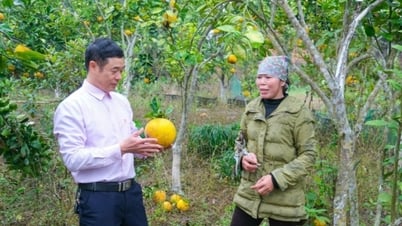
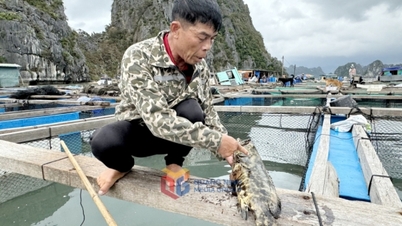
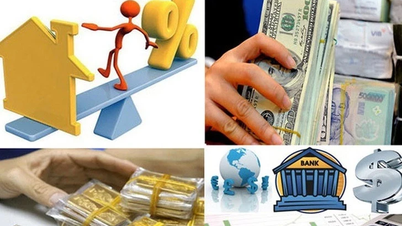



















































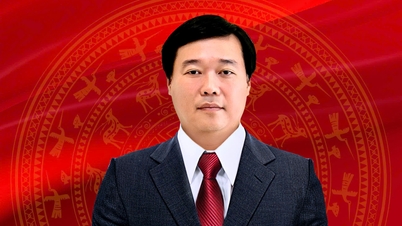

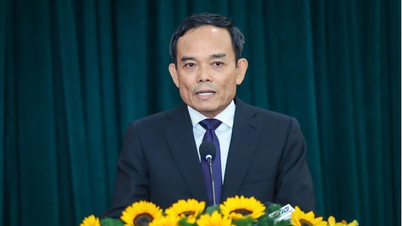

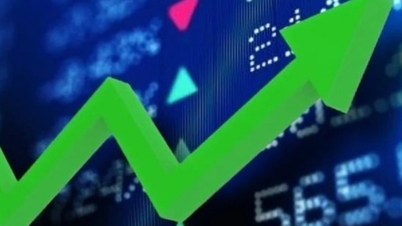


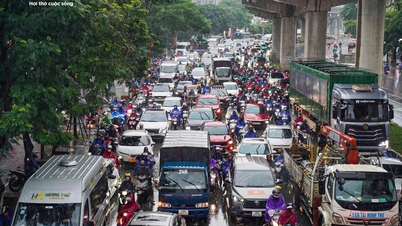
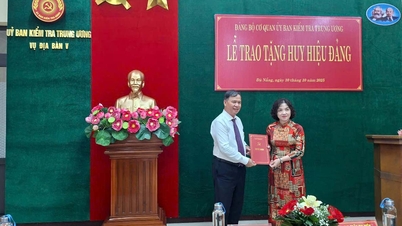


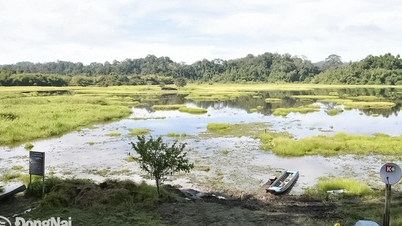





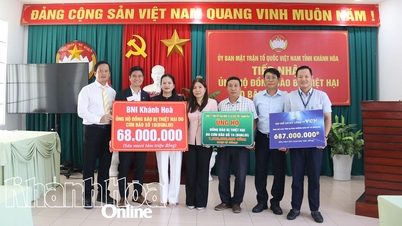

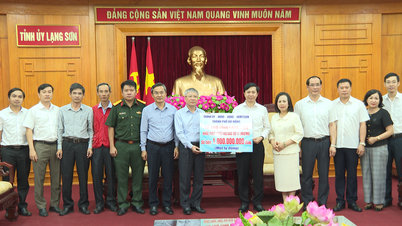
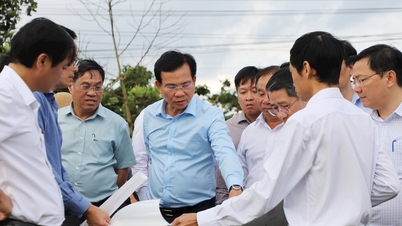

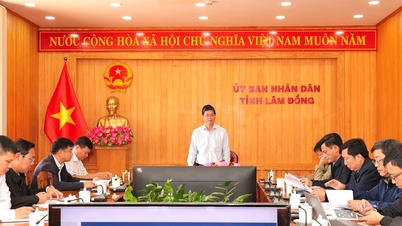
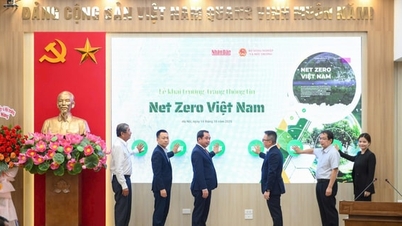

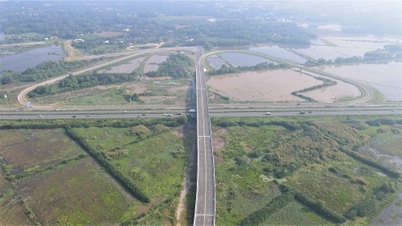
















Comment (0)